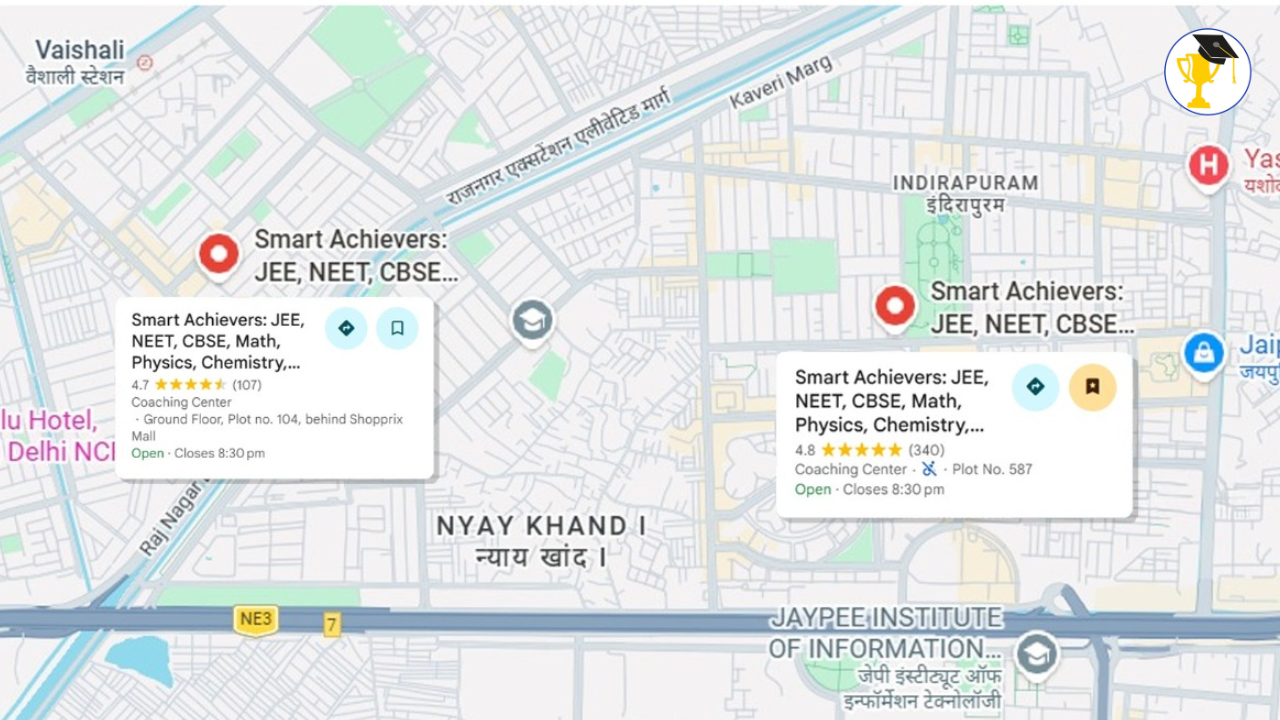Marine Biology and Oceanography After 12th PCB: Admission, Colleges, Fees, Scope & Career Opportunities
The ocean covers more than 70% of our planet, yet much of it remains unexplored. If you’re fascinated by marine life, underwater ecosystems, and ocean mysteries, then Marine Biology and Oceanography are perfect career paths after 12th PCB (Physics, Chemistry, Biology).
These fields allow you to combine science, adventure, and conservation — studying marine organisms, ocean currents, and the environment to protect one of Earth’s most valuable ecosystems.
What are Marine Biology and Oceanography?
Marine Biology
Marine Biology is the study of marine organisms, their behaviors, and interactions with the environment. It includes microscopic plankton to massive whales — and everything in between.
Marine biologists work to understand life under the sea and help preserve biodiversity and balance in aquatic ecosystems.
Oceanography
Oceanography is the scientific study of the ocean’s physical, chemical, geological, and biological properties.
It focuses on ocean currents, waves climate patterns, and the ocean floor — helping us understand marine ecosystems, climate change, and weather systems.
Together, these disciplines address issues like marine pollution, coral reef decline, and sustainable ocean resource management.
Courses in Marine Biology and Oceanography After 12th PCB
Students from PCB backgrounds can pursue undergraduate and postgraduate programs in marine sciences.
| Course Name |
Duration |
Type |
| B.Sc. Marine Biology |
3 years |
Undergraduate |
| B.Sc. Oceanography / Ocean Science |
3 years |
Undergraduate |
| B.Sc. Aquatic Biology / Fisheries Science |
3 years |
Undergraduate |
| B.Tech. Ocean Engineering / Marine Technology |
4 years |
Undergraduate |
| M.Sc. Marine Biology / Oceanography |
2 years |
Postgraduate |
| Ph.D. Marine Science / Ocean Studies |
3–5 years |
Doctorate |
PCB students are eligible for all B.Sc. programs, while PCM students can pursue B.Tech. Ocean Engineering.
Eligibility Criteria
-
Qualification: 10+2 with Physics, Chemistry, Biology
-
Minimum Marks: 50–60% aggregate
-
Entrance Exams:
-
CUET (for central universities)
-
ICAR AIEEA (for fisheries / aquatic science)
-
State-level entrance exams (e.g., MHT CET, KCET)
-
Some universities offer direct admission based on merit
Top Colleges in India for Marine Biology and Oceanography
Government & Central Universities
| College / University |
Location |
| Cochin University of Science and Technology (CUSAT) |
Kerala |
| Annamalai University |
Tamil Nadu |
| Goa University |
Goa |
| Andhra University |
Visakhapatnam |
| Pondicherry University |
Puducherry |
| Tamil Nadu Dr. J. Jayalalithaa Fisheries University |
Nagapattinam |
| Indian Maritime University |
Chennai |
| National Institute of Oceanography (NIO - CSIR) |
Goa |
Private & Deemed Universities
| College |
Location |
| Amity University |
Noida |
| SRM Institute of Science & Technology |
Chennai |
| Manipal Academy of Higher Education |
Manipal |
| VIT (Vellore Institute of Technology) |
Vellore |
| Lovely Professional University (LPU) |
Punjab |
| Shoolini University |
Himachal Pradesh |
Fee Structure
| Type of Institution |
Average Annual Fee (INR) |
| Government Colleges |
25,000 – 80,000 |
| Private Colleges |
1,00,000 – 2,50,000 |
Scholarships are available through ICAR, DBT, and Ministry of Earth Sciences for research and academic excellence.
Core Subjects You’ll Study
Marine Biology and Oceanography programs combine biology, chemistry, physics, and earth science.
-
Marine Ecology
-
Aquatic Botany and Zoology
-
Ocean Chemistry and Physics
-
Marine Microbiology
-
Fisheries Science
-
Marine Pollution and Conservation
-
Marine Biotechnology
-
Remote Sensing and GIS
-
Marine Resource Management
-
Climate Change and Oceanography
Students also take part in field research, scuba diving expeditions, and lab projects.
Scope and Career Opportunities
With the growing importance of marine conservation, climate studies, and sustainable fisheries, career opportunities in this field are expanding rapidly.
Career Roles
-
Marine Biologist
-
Oceanographer
-
Fisheries Scientist
-
Environmental Consultant
-
Aquaculture Manager
-
Marine Ecologist
-
Coastal Resource Manager
-
Marine Conservationist
-
Climate Analyst
-
Research Scientist
Industries & Organizations Hiring
-
Government Research Institutes (NIO, CMFRI, ICAR)
-
Ministry of Earth Sciences
-
Coastal and Marine Management Departments
-
NGOs (WWF, Greenpeace, Ocean Conservancy)
-
Aquaculture and Fisheries Companies
-
Shipping & Offshore Companies
-
Environmental Consultancy Firms
Global Opportunities
Marine Biology and Oceanography are internationally valued disciplines, with research and job opportunities across universities, ocean research institutes, and global NGOs.
Top Countries for Marine Science Careers
| Country |
Average Salary (INR Equivalent) |
Job Fields |
| USA |
50–90 LPA |
Marine Research, Ocean Exploration |
| UK |
40–70 LPA |
Coastal Management, Marine Ecology |
| Australia |
40–65 LPA |
Marine Biology, Fisheries Science |
| Canada |
35–60 LPA |
Climate Research, Aquaculture |
| New Zealand |
30–55 LPA |
Ocean Conservation, Research |
Top global institutions include Woods Hole Oceanographic Institution (USA), Scripps Institution of Oceanography, and University of Southampton (UK).
Higher Studies and Specializations
After a bachelor’s degree, students can specialize in:
-
M.Sc. Marine Biology / Oceanography
-
M.Tech. Coastal Engineering / Marine Biotechnology
-
MBA in Marine Resource Management
-
Ph.D. in Ocean Science / Environmental Studies
Popular Specializations:
Salary Range
| Job Role |
Average Salary (INR/year) |
| Marine Biologist |
4–8 LPA |
| Oceanographer |
5–10 LPA |
| Fisheries Scientist |
4–7 LPA |
| Environmental Consultant |
6–12 LPA |
| Research Scientist |
8–15 LPA |
Professionals with international research experience or a master’s/Ph.D. can earn INR 20 LPA or more.
Why Choose Marine Biology and Oceanography After 12th PCB?
Combines adventure, science, and environmental conservation
Huge global demand for marine researchers and ocean scientists
Opportunities in research, policy, and sustainability
Work on cutting-edge technologies like ROVs, GIS, and satellite oceanography
Contribute to solving global issues like climate change and marine pollution
Conclusion
Choosing Marine Biology and Oceanography after 12th PCB allows you to dive deep into the world’s most fascinating ecosystems — while building a career that blends science, sustainability, and exploration.
From studying coral reefs to tracking ocean currents, every discovery contributes to protecting our planet’s blue heart — the ocean.
If you’re passionate about marine life and environmental research, this is a career that’s both adventurous and impactful.
Also Read this:
https://smartachievers.online/career-options-after-pcb-without-neet
 STUDY MATERIALS
STUDY MATERIALS
 COURSES
COURSES
 MORE
MORE

.png)




















